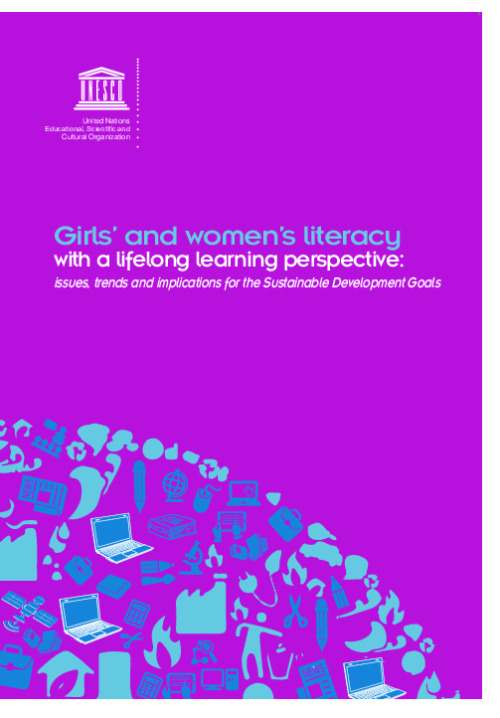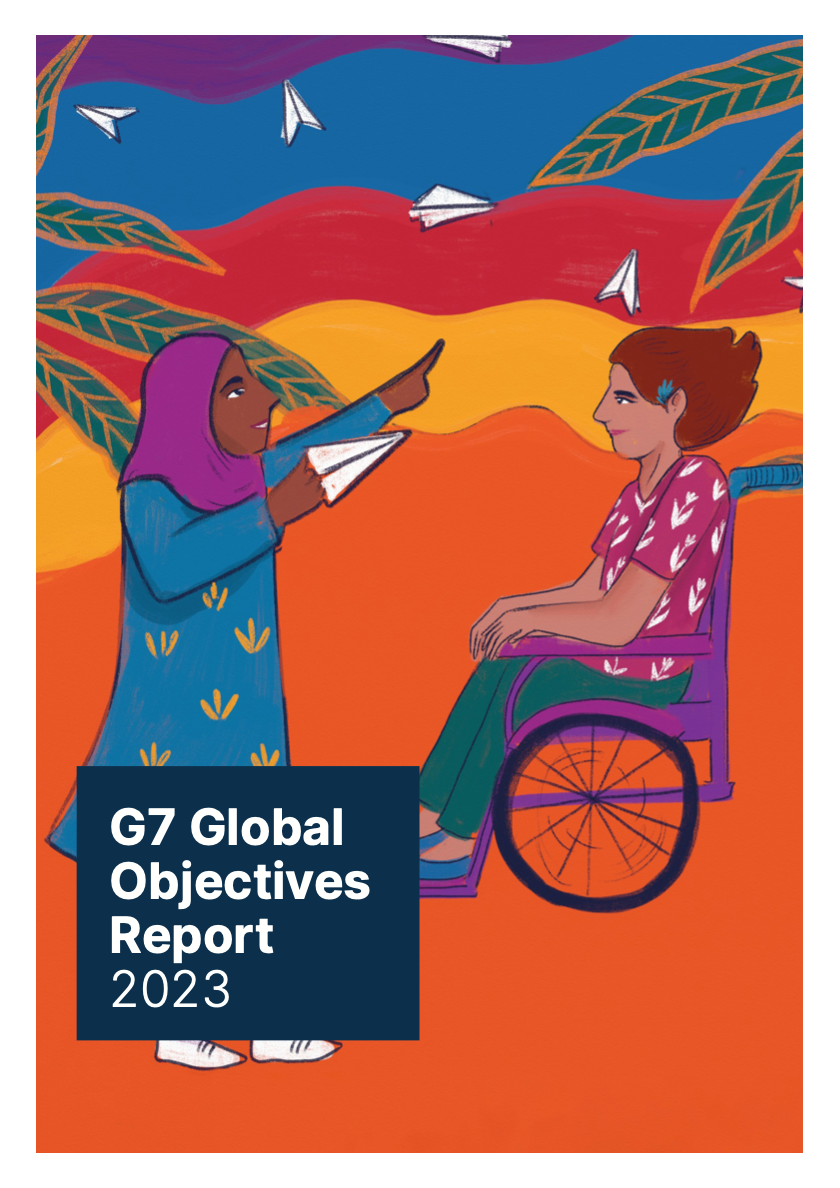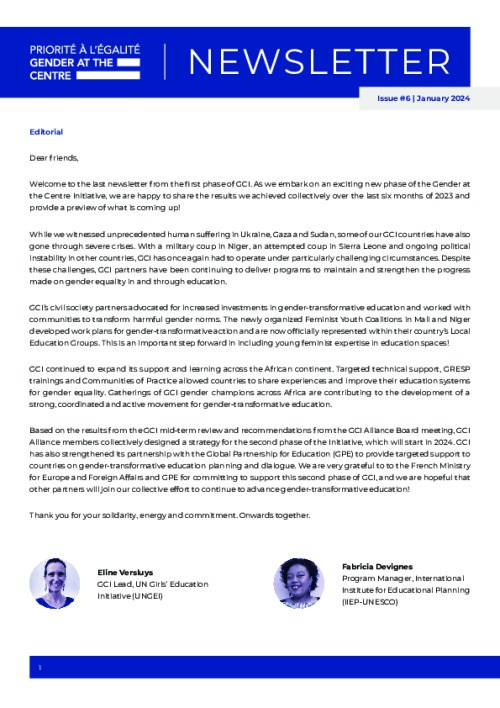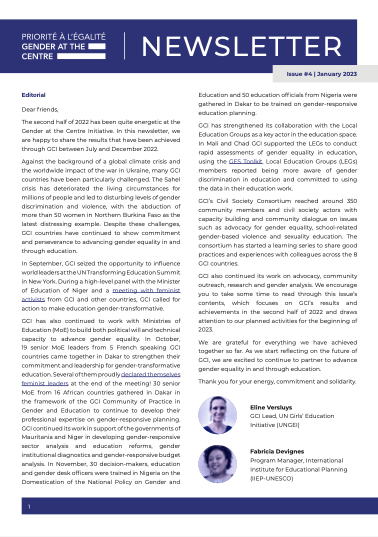Knowledge Hub
Learning and resources on gender in education

Girls' and women's literacy with a lifelong learning perspective
Issues, trends and implications for the Sustainable Development Goals
In many countries, girls and women remain subject to multiple forms of discrimination in all spheres of their lives, including education. Girls are still often less likely to go to school, this missed opportunity generates more discrimination, holding them back simply because of their gender. Girls typically face a distinctive set of barriers to learning, especially when they reach post-primary levels of education. The lack of progress in reducing the proportion of illiterate women worldwide constitutes a major concern, leading to calls for change in approaches to...
In many countries, girls and women remain subject to multiple forms of discrimination in all spheres of their lives, including education. Girls are still often less likely to go to school, this missed opportunity generates more discrimination, holding them back simply because of their gender. Girls typically face a distinctive set of barriers to learning, especially when they reach post-primary levels of education. The lack of progress in reducing the proportion of illiterate women worldwide constitutes a major concern, leading to calls for change in approaches to literacy. Women are often the poorest and most marginalized in social, political and economic domains. This report outlines the key issues related to women and girls’ literacy to date, draws lessons from good practices of the Confucius Prize and outlines selected implications for the Sustainable Development Goals (SDGs), in particular SDG 4: Ensuring inclusive and equitable quality education and promote lifelong learning opportunities for all.
More to explore
Sign up to the UNGEI newsletter
 en
en 


 العربية
العربية Български
Български Hrvatski
Hrvatski Čeština
Čeština Dansk
Dansk Nederlands
Nederlands Suomi
Suomi Français
Français Deutsch
Deutsch Ελληνικά
Ελληνικά हिन्दी
हिन्दी Italiano
Italiano Română
Română Русский
Русский Español
Español Maltese
Maltese Zulu
Zulu አማርኛ
አማርኛ